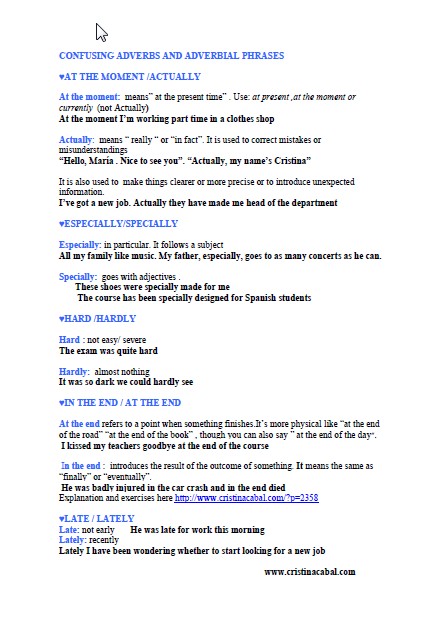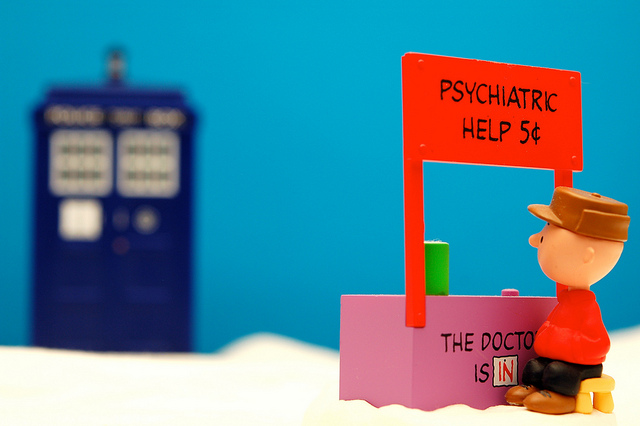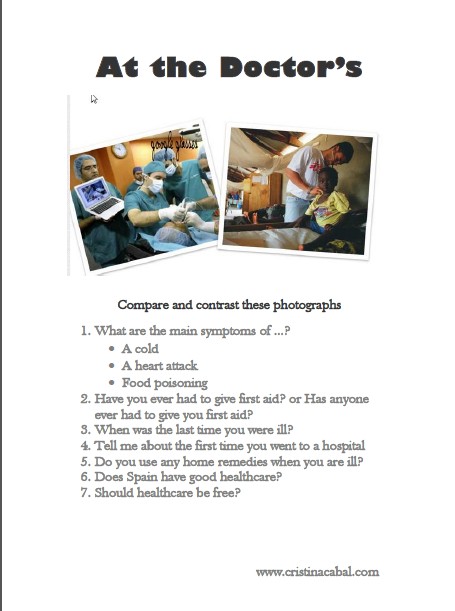I can see why these two words might create confusion in my students, as they are very similar in meaning. I hope that the problem will be solved with this brief  explanation.
explanation.
WHILE
♥ it is used to introduce a longer background action or situation, which is/was going on when something else happens/happened.
While they were playing cards, someone broke into their house
♥ OR to indicate that two longer actions or situations go/went on at the same time.
Joe cooked while I watched TV
This use of “while” should not be a problem for students as it is relatively easy to understand.
WHILE/WHEREAS
While can also be used to introduce a balancing contrasting point, and with this meaning, it is very similar to Whereas because both are used to balance two facts or ideas that contrast, but do not contradict each other. Both whereas and while are conjunctions and their meaning is very similar to “on the other hand” though on the other hand is not a conjunction.
I like spending my holidays in the mountains, while/whereas my wife prefers the seaside.
They can also be placed before the first of the contrasting points
While/whereas some languages have 30 or more different sounds, others have five or six.
Some languages have five or six different sounds, whereas/while others have 30 or more.
NOTE: when while is used with this meaning, a comma is necessary.
RECAP
While is used to express at the same time
While/whereas are used to express contrasting ideas. In that case, while must be preceded by a comma.
Source: Practical English Usage by Michael Swan . Ed Oxford




